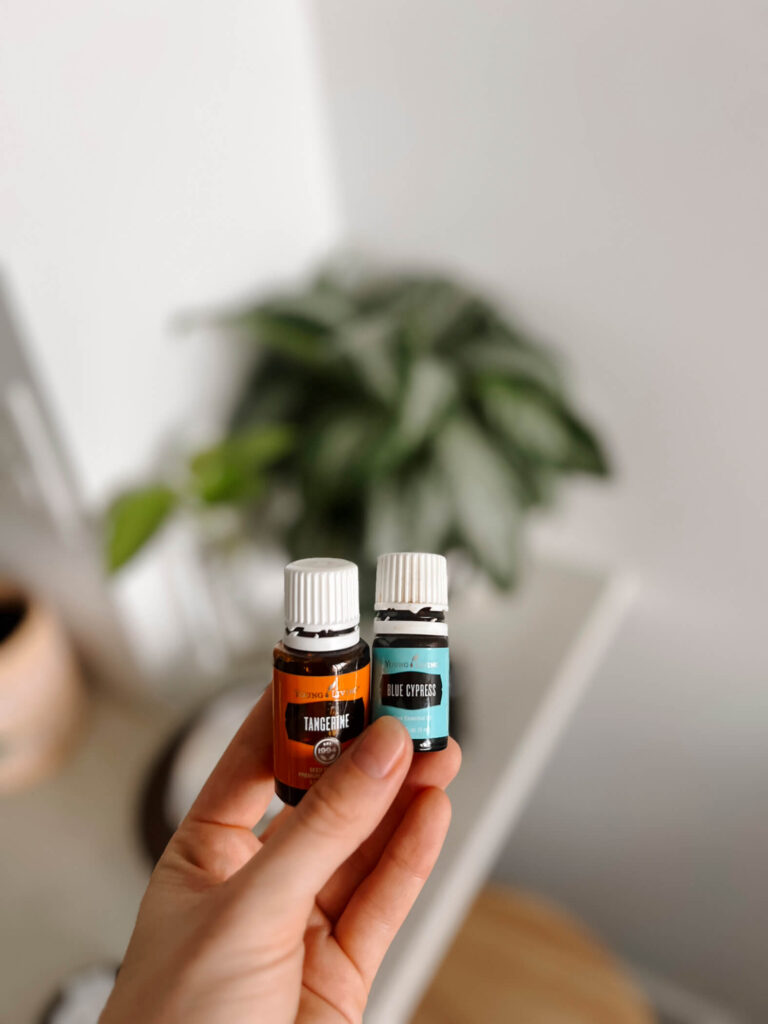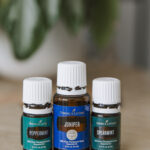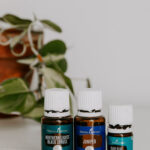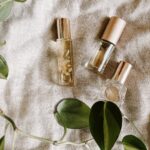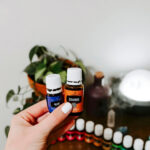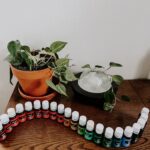There’s a reason essential oils have been utilized for centuries—there’s a lot more to it than just smelling good. These plant extracts holistically support health and wellness.
what are essential oils?
Essential oils are the life-blood of the plant. They carry nutrients and oxygen, while also effectively combating the damaging effects of toxins, impurities, and harmful substances. It’s extracted from from the flowers, leaves, bark, seeds, or roots of plants through the process of distillation, cold-pressing, or resin tapping. Essential oils are known to provide support for every system in the body.
why are they important?
Along with providing a variety of different benefits, they can also replace toxic ingredients. Our bodies face exposure to far more toxins on a daily basis than we’re able to process. As a result, many suffer from unexplainable symptoms. Reducing our toxic load whenever possible is essential for overall wellness.
how to use them:
There are a surprising amount of ways you can use essential oils. The two main ways include –
aromatically – by inhaling from a diffuser or from the palms of your hands
topically – by applying to skin, either diluted in a carrier oil or undiluted
internally – by adding a drop to water or tea, taken in a veggie capsule, or used in cooking.
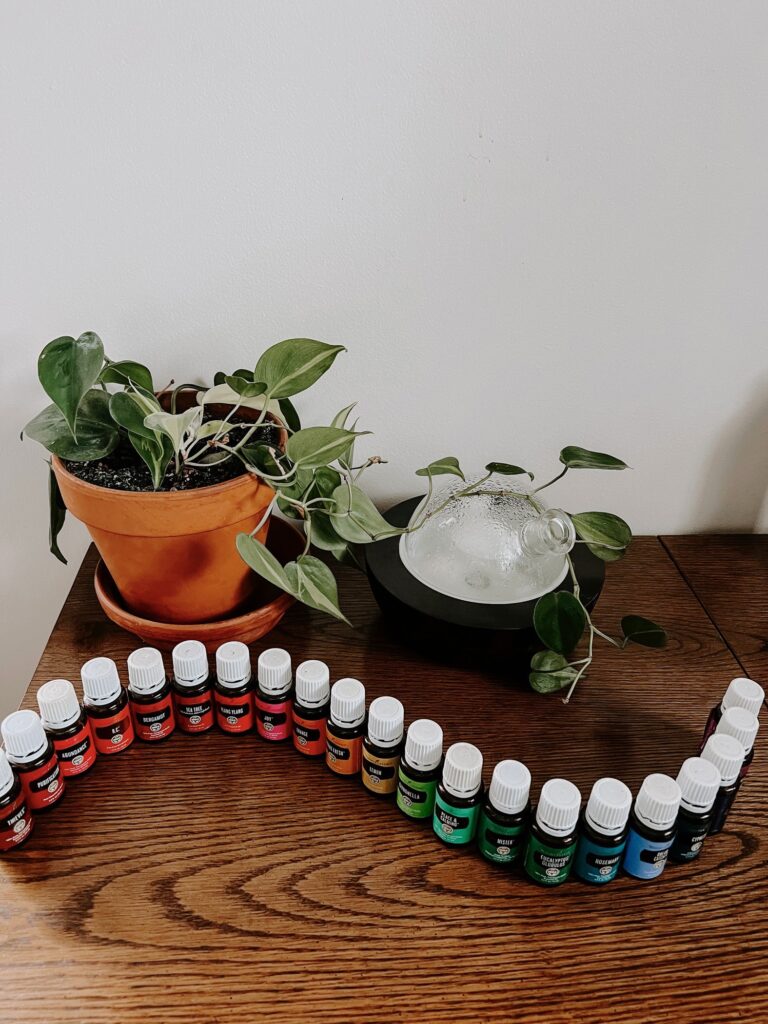
essential oils vs. candles
The harsh truth is most candles are toxic. They contain ingredients like paraffin wax (a petroleum waste product). When lit, carcinogens like benzene, toluene, and others release into the air. These are the same chemicals that are found in diesel fuel flames and can be as dangerous as second-hand smoke. The wick’s are often made of heavy metals like lead. And then there’s fragrance– further adding to the chemical cocktail. Even candles that claim to be “natural” or “eco-friendly” can greenwash consumers into thinking these products are safe.
Purchasing essential oils can be more cost-effective compared to candles. For example, an average pumpkin candle costs $28 and lasts about 70 hours. Add five drops of thieves ($.70) and five drops of orange ($.22) into a diffuser. For 70 hours of diffusing, it would cost $10.73. Along with smelling incredible, essential oils support overall wellness and provide many benefits.
which brands to use?
Unfortunately, the essential oil industry is also highly unregulated. The law doesn’t require FDA approval for oils, which means you could be buying… well anything. Not all essential oils are created equally. Companies can claim to be “organic” and “pure” without ever having to prove a thing. They add fillers that dilute the oil so much that the therapeutic benefits are no longer present. Some even contain synthetic fragrances.
I researched different companies, looking into their practices, and found most had little to no regulation over their farms. Only one company seemed to align with my standards- Young Living, a Utah-based company mastering the art of creating essential oils for over 30 years. They have a seed to seal commitment that ensures the highest quality essential oil possible. Their distilling process is unmatched, they have third-party testing, and the best part is not a single pesticide is ever used in the process (they have an even higher standard than USDA Organic Certification).

The content in this blog is provided for information purposes only. It is not a substitute for professional advice and consultation, including professional medical advice and consultation; it is provided with the understanding that Be Well is not engaged in the provision or rendering of medical advice or services. The opinions and content included in the blog are the views of the author only, and Be Well does not endorse or recommend any such content or information, or any product or service mentioned in the article. You understand and agree that Be Well shall not be liable for any claim, loss, or damage arising out of the use of, or reliance upon any content or information in the article.

